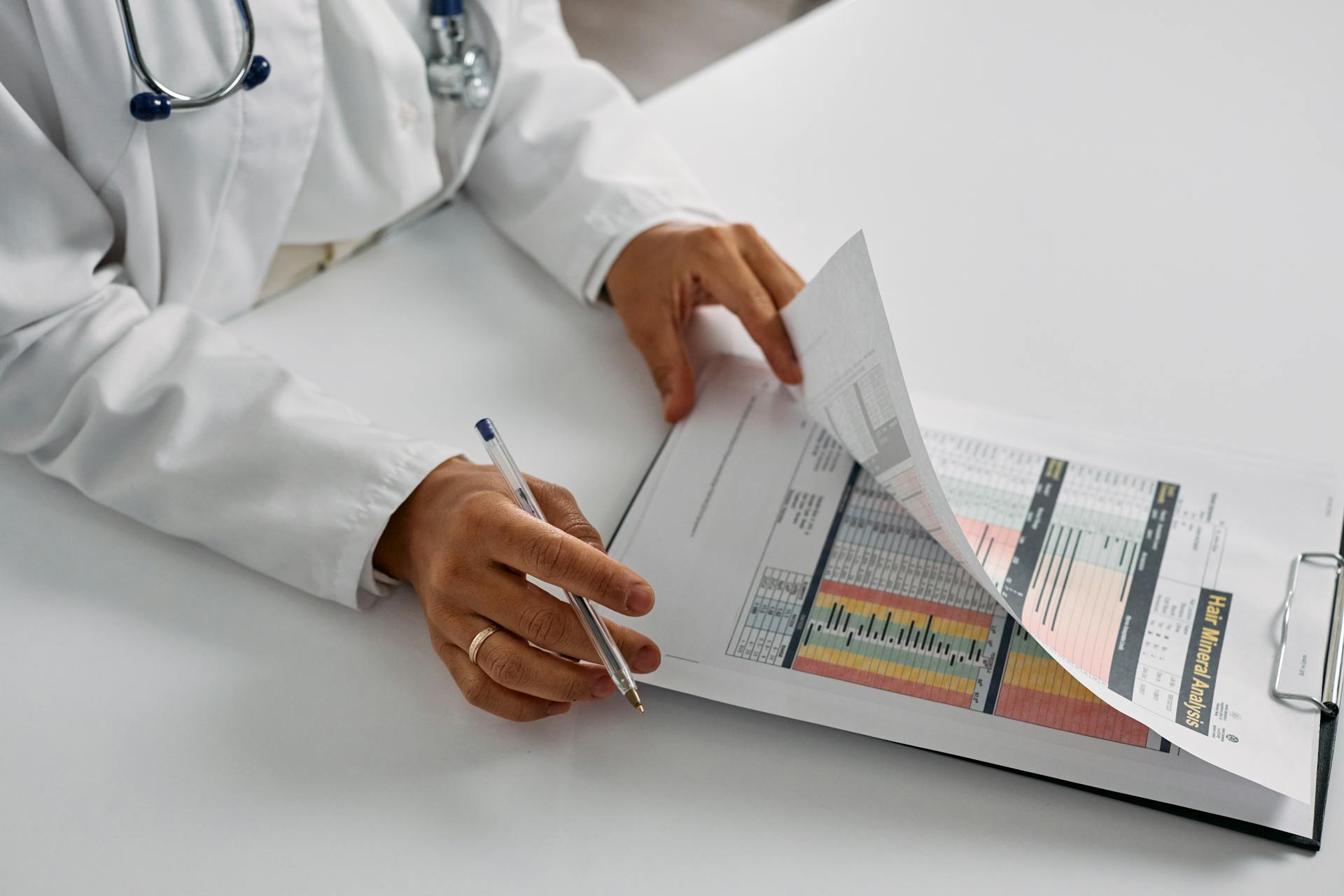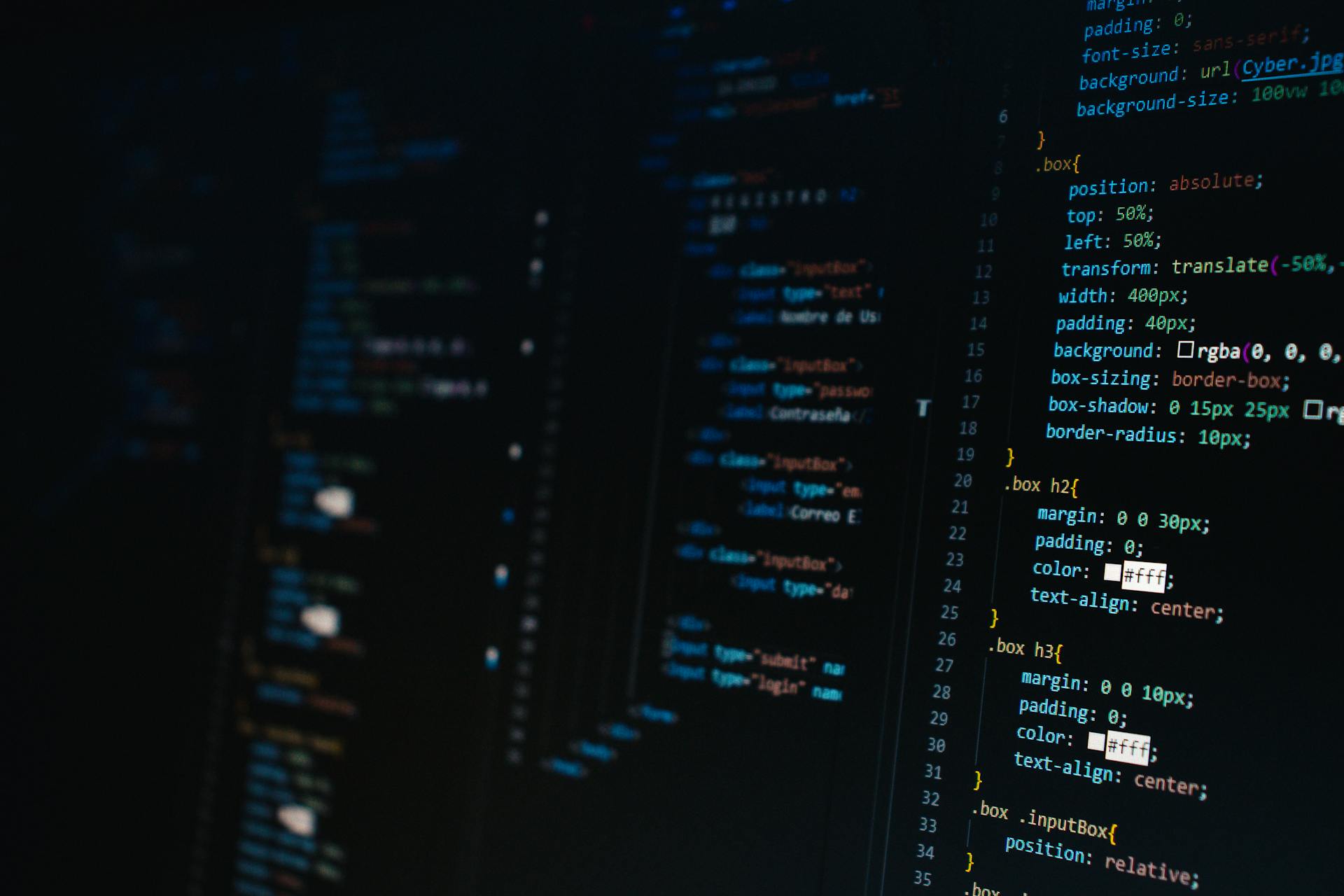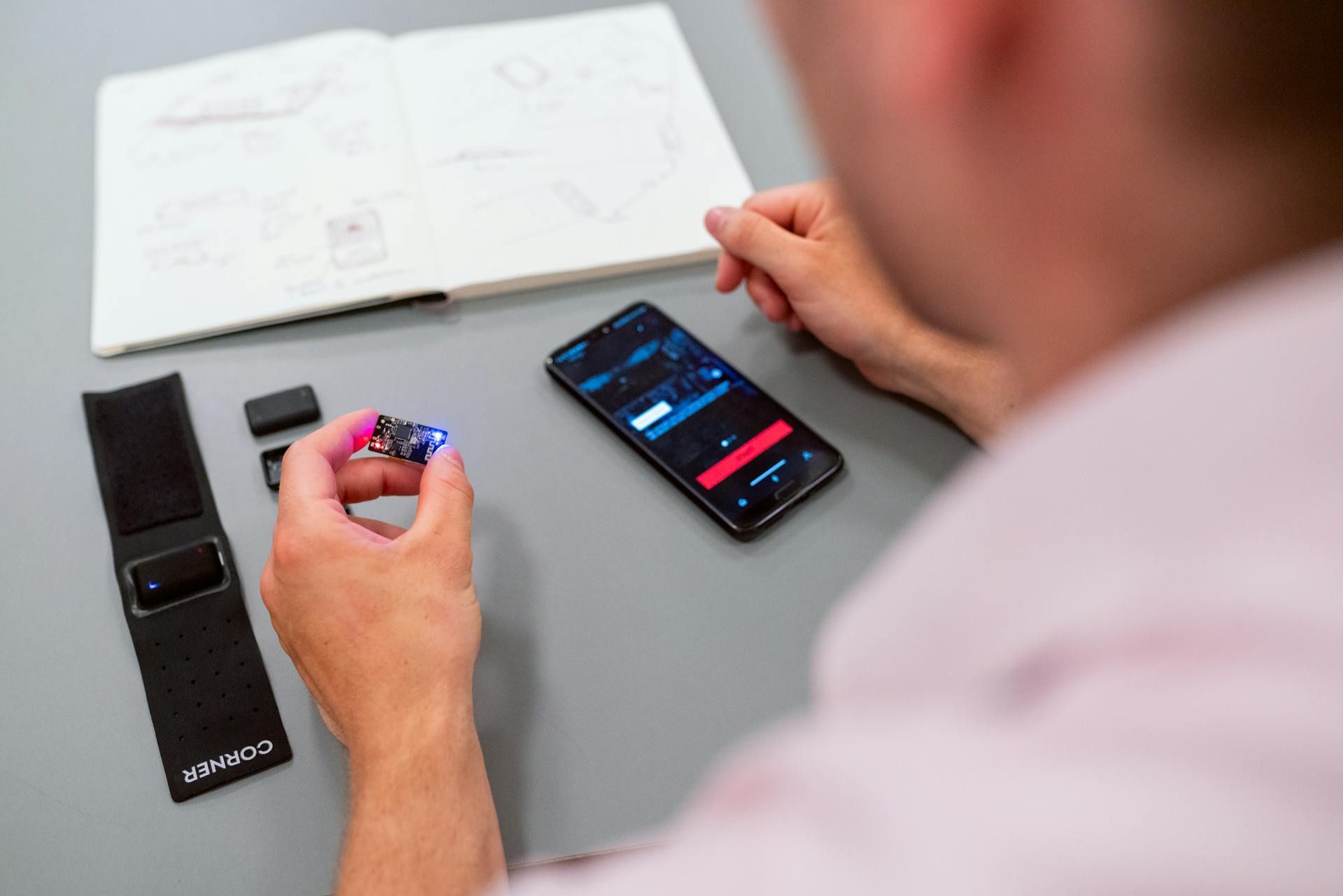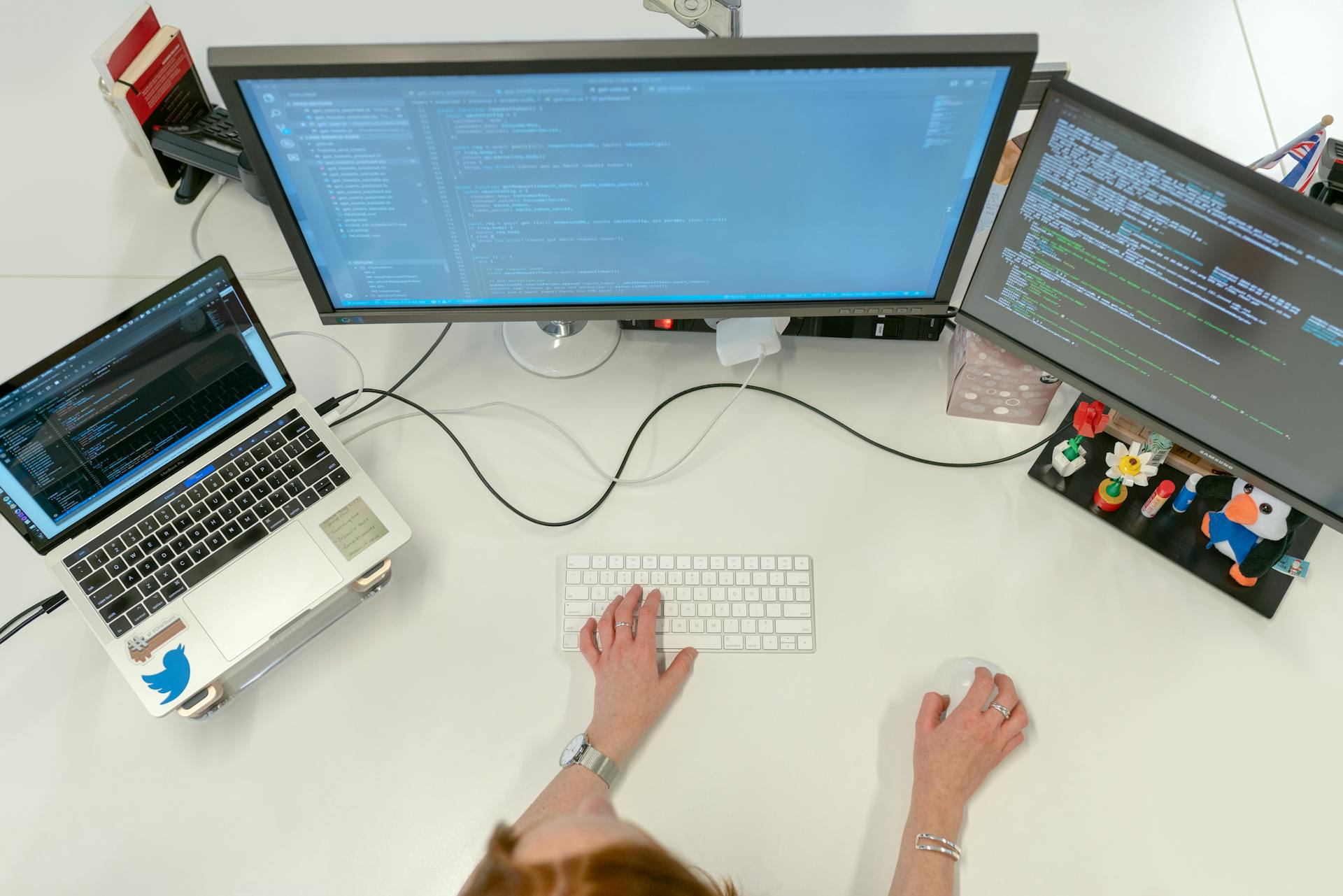
If you're interested in pursuing a career in ICD-10 coding, online certificate programs can be a great way to get started. These programs are designed to teach you the skills you need to become a certified coding specialist.
You can earn a certificate in ICD-10 coding from online schools that offer courses in just a few months. Some online schools offer self-paced programs that allow you to complete coursework on your own schedule.
Certificate Programs
Certificate programs are a great way to gain the skills and knowledge you need to succeed in the field of ICD-10 coding. These programs are designed to be completed in a short amount of time, typically one year or less, and can be a fantastic way to get started in this field.
You can choose from a variety of certificate programs in medical billing and coding. DeVry, for example, offers two online medical billing and coding programs, allowing you to choose the path that best aligns with your schedule and career goals.
To get started, you'll need to research the different certificate programs available and find one that fits your needs and budget. DeVry's programs, for instance, include a prep course and voucher for one exam fee, so you can prepare for the CCS or CPC industry certification exams.
Here are some of the key skills you can expect to learn in a medical billing and coding certificate program:
- Medical terminology
- ICD-10 and CPT coding systems
- Healthcare regulations
- Insurance processes
- Patient privacy
- Interpreting medical records
- Using electronic health records (EHR) and billing software
These skills will prepare you to assign the appropriate codes to complex or common procedures and diagnoses, submit claims for reimbursement, and navigate the intricacies of the healthcare billing process.
Some certificate programs may also include hands-on experience, such as using 3M coding software and interactive lessons, to help you build your skills in a real-world setting.
It's worth noting that some certificate programs may have prerequisites or requirements, such as completing certain courses or having a certain level of education. For example, the Coding Specialist Certificate Program at MCC-Penn Valley requires students to complete 27.5-28.5 credit hours, with a total cost of $3,327.50 - $3,448.50 for in-district students.
Ultimately, the key to finding the right certificate program is to research and compare different options, considering factors such as cost, duration, and curriculum. By doing your due diligence, you can find a program that fits your needs and helps you achieve your career goals in ICD-10 coding.
Curious to learn more? Check out: Medical Billing and Coding Schools Online Cost
Here is a breakdown of the costs associated with some certificate programs:
Keep in mind that these costs are subject to change and may not include additional fees or expenses. Be sure to check with the program directly for the most up-to-date information.
Career Opportunities
With a degree from an ICD 10 coding school, you'll have a wide range of career opportunities in the healthcare industry. Graduates may consider careers such as medical billing and coding specialists, health information technicians, and medical records specialists.
Medical billing and coding specialists review patient medical records to assign accurate codes, ensuring hospital billing and reimbursements are factual and compliant. They also teach others to assign medical codes to diagnoses, procedures, and healthcare services to support billing, reimbursement, and patient records.
According to the U.S. Bureau of Labor Statistics, employment of medical records specialists is projected to grow 8% on a national level from 2022 to 2032, faster than the average of all occupations.
For more insights, see: Matrix Error Codes
Career Opportunities
Medical billing and coding careers are in high demand, with the U.S. Bureau of Labor Statistics projecting an 8% growth in employment of Medical Records Specialists from 2022 to 2032.
You can work as a medical billing and coding professional in various healthcare settings, including hospitals, physician practices, pharmacies, and long-term care facilities.
Graduates of medical billing and coding programs may consider careers such as organizing, coding, and managing health information data, ensuring accessibility and clarity in medical records, or overseeing patient billing and collaborating with insurance companies.
Some medical billing and coding professionals work remotely, either as independent contractors or employees of healthcare organizations that offer remote work options.
Here are some potential career paths for medical billing and coding professionals:
- Medical Biller
- Health Information Manager
- Coding Specialist
- Medical Records Coordinator
- Insurance Claims Examiner
According to the American Academy of Professional Coders, certified Health Information Technologists and Medical Registrars earn a median annual wage of $58,055 in the United States.
Salaries
Salaries can vary based on your location, employer, previous work experience, education and certifications.
Medical biller and coder salaries can be influenced by the specific industry you work in, with some industries paying more than others.
According to the U.S. Bureau of Labor Statistic’s website, salaries for Medical Records Specialists can be found there for more information.
Your education and certifications can also impact your salary, with more advanced degrees and specialized certifications often leading to higher earning potential.
Medical biller and coder salaries can range from around $40,000 to over $80,000 per year, depending on your individual circumstances.
What to Expect
Attending an ICD-10 coding school can be a life-changing experience, and here's what you can expect.
You'll learn the fundamentals of ICD-10 coding, including the differences between ICD-9 and ICD-10, and how to apply the new coding system to various medical diagnoses.
ICD-10 coding schools typically offer a mix of classroom instruction and hands-on training, allowing you to practice your coding skills under the guidance of experienced instructors.
Future Role Expectations

The future of medical billing and coding professionals looks bright! Employment of Medical Records Specialists is projected to grow 8% on a national level from 2022 to 2032, faster than the average of all occupations.
That's a significant increase, and it's not just a trickle of new jobs - an average of 15,000 job openings are projected each year over the decade. This means there will be plenty of opportunities for you to find a role that fits your skills and interests.
As the demand for medical billing and coding professionals grows, it's essential to consider the certifications you can pursue to stay ahead in the field.
What's the Difference?
Medical coding and billing are two distinct functions in the healthcare industry, but they work together like two sides of the same coin.
Medical coding involves assigning standardized codes to healthcare services, which is a crucial step in preparing claims for reimbursement. Our Medical Billing and Coding Certificate programs teach you essential skills in health information technology, health insurance, and reimbursements, so you can graduate equipped to launch your career in medical coding roles.

Medical billing, on the other hand, focuses on submitting and processing claims for reimbursement based on those codes. With our online Medical Billing and Coding programs, you'll learn the skills you need to pursue industry certifications like the Certified Coding Specialist (CCS) exam or the Certified Professional Coder (CPC) exam.
In short, medical coding is about assigning codes, while medical billing is about submitting claims. But don't just take our word for it – our program is designed to give you the flexibility to study when and where it works best for you, and we're proud to be accredited by The Higher Learning Commission (HLC).
Here's a summary of the key differences:
By understanding the difference between medical coding and billing, you'll be better equipped to succeed in your career and make a real difference in the lives of patients and healthcare professionals.
The Profession
The medical billing and coding profession is one of the fastest-growing careers in the healthcare industry today. Medical billing and coding is a critical aspect of the healthcare industry, involving the process of converting medical procedures, diagnoses, and treatments into universally recognized alphanumeric codes.
Medical billing and coding professionals play a crucial role in healthcare facilities, ensuring they receive proper payment for services and maintain compliance with healthcare regulations. This profession is expected to have almost 50% more jobs available by 2030.
Here are some estimated completion times for medical billing and coding training programs:
The Profession
Medical billing and coding is a rapidly growing career in the healthcare industry, with a projected 50% increase in jobs available by 2030. This field is essential for healthcare providers to receive proper payment for their services and maintain compliance with healthcare regulations.
The medical billing and coding profession involves converting medical procedures, diagnoses, and treatments into universally recognized alphanumeric codes for billing purposes, insurance claims, and patient records. Accurate medical billing and coding are critical for healthcare facilities to receive payment.
To become a medical billing and coding professional, you'll need to earn a high school diploma or equivalent, such as the GED. Most medical billing and coding training programs can be completed in less than a year, depending on the program and your study pace.

The estimated completion time for medical billing and coding training programs varies, with a fast track option available in 10 months and an average time of 14 months. This flexibility allows you to learn at your own pace and complete your coursework in a way that suits your schedule.
Here are the estimated completion times for medical billing and coding training programs:
Where Professionals Work
Medical billing and coding professionals can work in a variety of settings, including hospitals, physician's offices, and clinics. These healthcare facilities employ medical billers and coders to manage the billing and coding process for a wide range of medical services.
Hospitals are a common place to find medical billing and coding professionals, where they work to manage the billing and coding process for a wide range of medical services. They often work closely with other healthcare professionals to ensure accurate and timely billing.
Physician's offices also employ medical billers and coders, who manage coding and billing tasks for individual doctors or medical practices. This can include tasks such as coding patient visits and procedures, and submitting claims to insurance companies.
Health insurance companies are another place where medical billers and coders work, reviewing claims, ensuring accuracy and processing payments. They play a crucial role in ensuring that patients receive the care they need without facing financial burdens.
Here are some of the specific settings where medical billing and coding professionals can work:
- Hospitals
- Physician's Offices
- Clinics
- Health Insurance Companies
- Nursing Homes and Long-Term Care Facilities
- Healthcare Consulting Firms
Frequently Asked Questions
How do I become a certified ICD-10 coder?
To become a certified ICD-10 coder, start by taking a medical coding training course and passing the CPC certification exam. This will provide a solid foundation for a career in medical coding and open up opportunities for further certifications and career advancement.
How long does it take to learn ICD-10 coding?
Typically, it takes 30-40 hours to complete ICD-10 coding training. Learn more about our coding software, AMBACode, to get started
Sources
- https://www.devry.edu/online-programs/undergraduate-certificates/medical-billing-and-coding.html
- https://www.pennfoster.edu/programs/healthcare/medical-billing-and-coding-career-diploma
- https://www.tjc.edu/info/20300/healthcare_programs/359/medical_billing_and_coding_online_certification_program
- https://mcckc.edu/programs/coding-specialist/index.aspx
- https://www.andrewsschool.com/coding/
Featured Images: pexels.com


